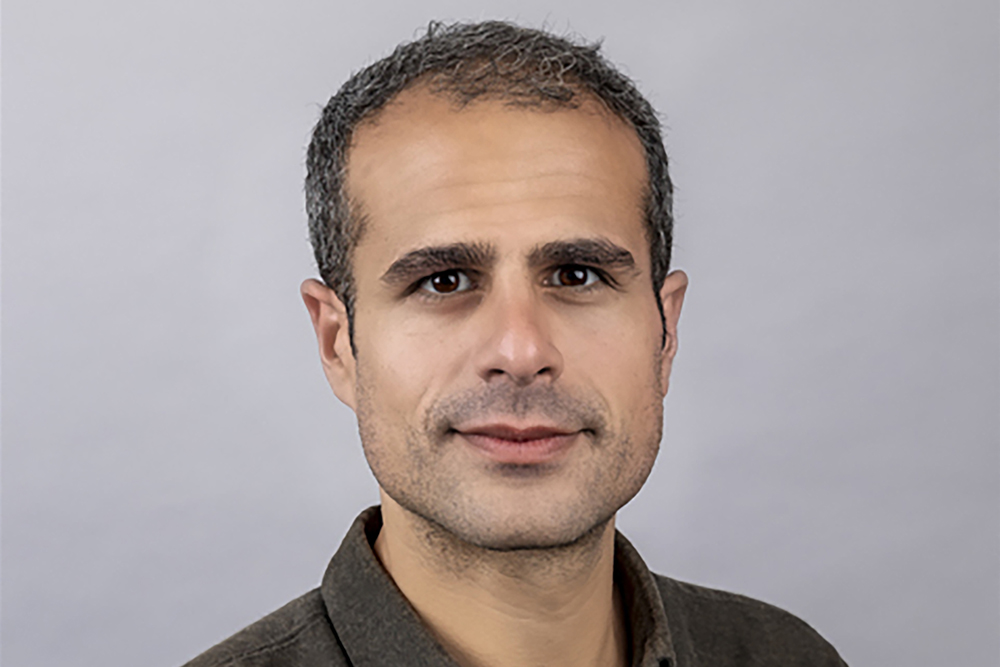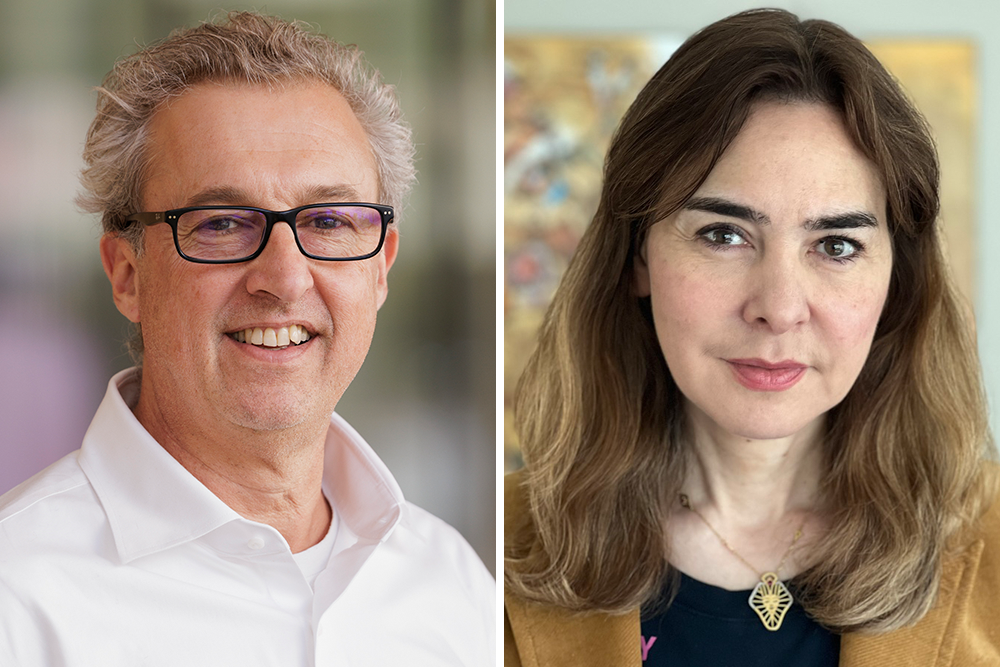Introduction to World Food Day
Oct. 16 is World Food Day, a global campaign to celebrate the founding of the Food and Agriculture Organization 80 years ago, and to work toward a healthy, sustainable, food-secure future. More than 670 million people in the world are facing hunger. Millions of others are facing rising obesity rates and struggle to get healthy food for proper nutrition.
The Importance of World Food Day
World Food Day calls on not only world governments, but business, academia, the media, and even the youth to take action to promote resilient food systems and combat hunger. This year, the Abdul Latif Jameel Water and Food Systems Laboratory (J-WAFS) is spotlighting an MIT researcher who is working toward this goal by studying food and water systems in the Global South.
Meet Ali Aouad, MIT Researcher
J-WAFS seed grants provide funding to early-stage research projects that are unique to prior work. In an 11th round of seed grant funding in 2025, 10 MIT faculty members received support to carry out their cutting-edge water and food research. Ali Aouad PhD ’17, assistant professor of operations management at the MIT Sloan School of Management, was one of those grantees. Aouad gathered more information about J-WAFS at the new faculty orientation session in August 2024, where he spoke to J-WAFS staff and learned about the program’s grant opportunities for water and food research.
Aouad’s Research Focus
Aouad’s seed project focuses on food subsidies. With a background in operations research and an interest in digital platforms, much of his work has centered on aligning supply-side operations with heterogeneous customer preferences. Past projects include ones on retail and matching systems. His seed grant project, Optimal subsidy design: Application to food assistance programs, aims to leverage data on preferences and purchasing habits from local grocery stores in India to inform food assistance policy and optimize the design of subsidies.
Methodology and Goals
For this project, the research team gave local grocers point-of-sale scanners to track purchasing habits. The ultimate goal of this research is to inform policy surrounding food assistance programs through an “optimization approach.” Aouad describes the complexities of using optimization to guide policy. The overall health of consumers is the reason food assistance programs exist, yet measuring long-term nutritional impacts and shifts in purchase behavior is difficult.
Challenges and Future Work
While his project develops a new methodology to calibrate food assistance programs, large-scale applications are not promised. Cost and infrastructure barriers are unavoidable to this kind of policy research, as well as sustaining these programs. Aouad’s effort will provide insights into customer preferences and subsidy optimization in a pilot setup, but replicating this approach on a real scale may be costly.
Conclusion
There is still much work to be done to ensure food security for all, whether it’s advances in agriculture, food-assistance programs, or ways to boost adequate nutrition. As the 2026 seed grant deadline approaches, J-WAFS will continue its mission of supporting MIT faculty as they pursue innovative projects that have practical and real impacts on water and food system challenges.
FAQs
- Q: What is World Food Day?
A: World Food Day is a global campaign to celebrate the founding of the Food and Agriculture Organization 80 years ago, and to work toward a healthy, sustainable, food-secure future. - Q: How many people are facing hunger worldwide?
A: More than 670 million people in the world are facing hunger. - Q: What is the focus of Ali Aouad’s research project?
A: Aouad’s seed project focuses on food subsidies, aiming to leverage data on preferences and purchasing habits from local grocery stores in India to inform food assistance policy and optimize the design of subsidies. - Q: What are the challenges in implementing food assistance programs on a large scale?
A: Cost and infrastructure barriers are unavoidable to this kind of policy research, as well as sustaining these programs. - Q: What is the mission of J-WAFS?
A: J-WAFS will continue its mission of supporting MIT faculty as they pursue innovative projects that have practical and real impacts on water and food system challenges.











